The Birth Of Life: Could Asteroids Be The Missing Link?

Introduction
Asteroids have fascinated us for centuries, not just as celestial bodies but also for their potential implications on our existence. One of the most intriguing theories is that asteroids could have played a vital role in the birth of life on Earth. This article will explore the possibility of asteroids being the missing link in the origin of life.
The Early Earth and the Hadean era
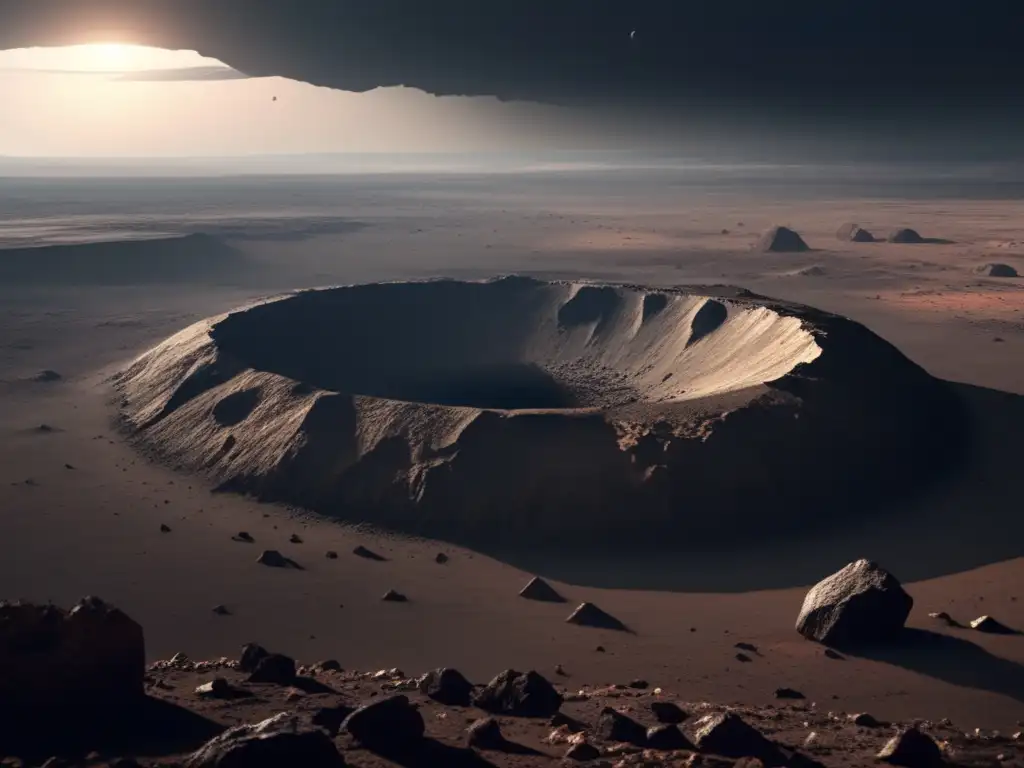
The primordial soup hypothesis
The primordial soup hypothesis posits that life originated from organic molecules that spontaneously formed in the early Earth's oceans. However, scientists have since realized that the prebiotic environment was far more hostile than previously believed. According to some estimates, the surface temperature of the early Earth was around 1650°C, and the atmosphere was toxic to life as we know it.
The role of asteroids in the Hadean era
Asteroid impacts during the Hadean era (4.6 to 4 billion years ago) were numerous, and they had far-reaching impacts on the young planet. These impacts provided a source of energy and essential building blocks for life, such as amino acids, which are the building blocks of proteins. Some scientists speculate that asteroid impacts may have even delivered water to the Earth.
Recent evidence supporting the theory
In 2019, a team of Japanese researchers discovered traces of organic matter in a sample from the asteroid Ryugu. The finding suggests that these types of asteroids may contain the raw materials needed for life. Similarly, NASA's OSIRIS-REx mission to the asteroid Bennu has revealed the presence of organic molecules, including amino acids.
Panspermia
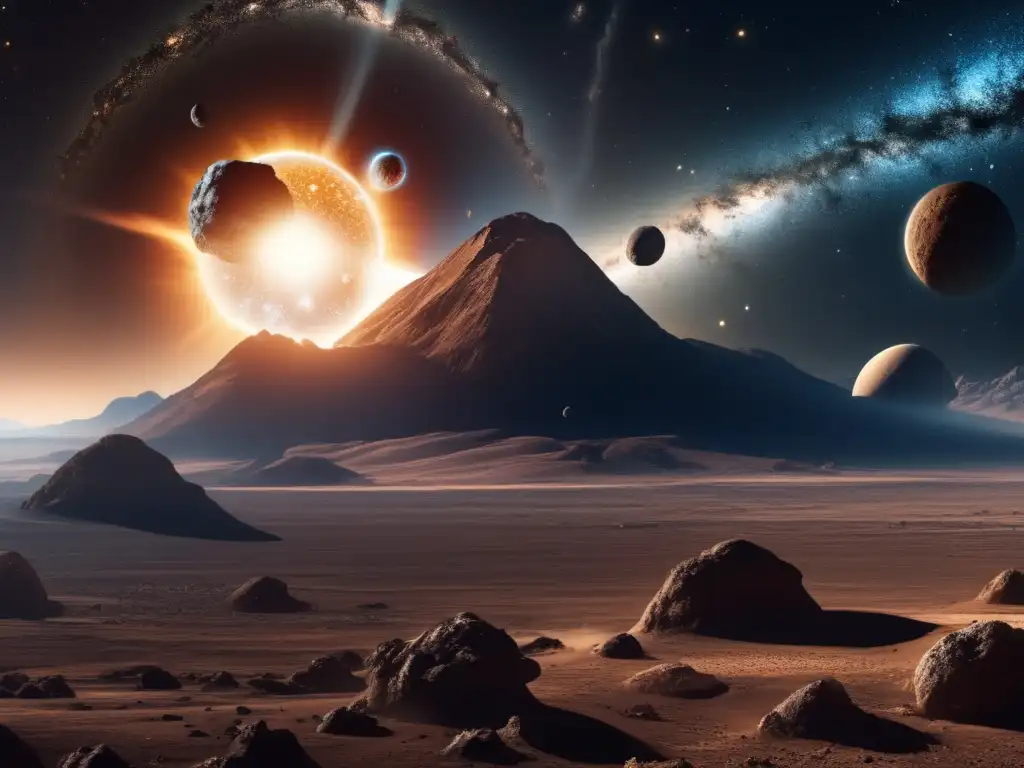
The origins of the panspermia hypothesis
The panspermia hypothesis suggests that life exists throughout the Universe and may have been transported to Earth via comets or asteroids. The idea can be traced back to the ancient Greeks, but it was popularized in the 19th century by scientists such as Lord Kelvin and Hermann von Helmholtz.
Controversies surrounding panspermia
There is considerable debate around panspermia, particularly concerning the possibility of life surviving the harsh environment of space. Critics argue that radiation damage and the freezing temperatures could render any potential life forms inert. However, proponents of the theory point to the discovery of extremophiles – organisms that thrive in extreme environments on Earth – as evidence that life can survive in harsh conditions.
The role of asteroids in panspermia
Astrophysicists believe that the conditions for life on asteroids are more favorable than previously thought. Ceres, the largest asteroid in the asteroid belt, has an icy mantle and a subsurface ocean. These conditions make it an ideal candidate for supporting microbial life. Similarly, some scientists speculate that the asteroid Ryugu may contain preserved samples of the early Solar System, including early life forms.
The Future of Asteroid Exploration
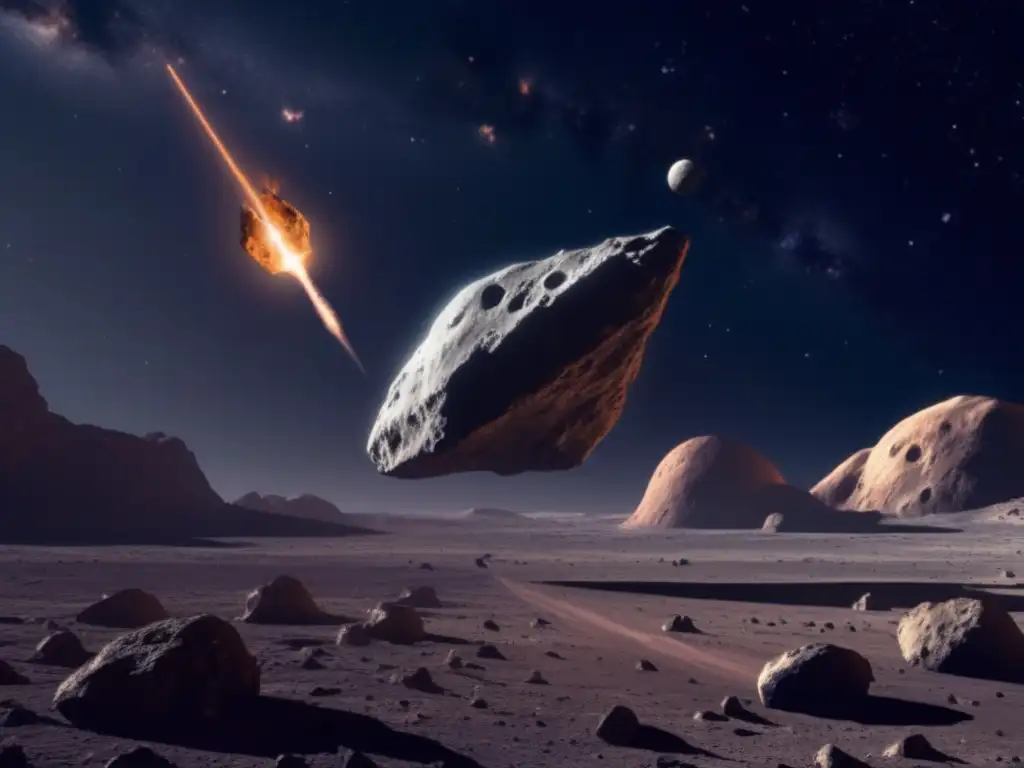
The importance of exploring asteroids
Asteroids represent a vast repository of information about the early Solar System, including the origin of life. By studying these celestial bodies, we can better understand our own origins and the cosmic context in which we exist. Moreover, as humanity continues to explore space, asteroids represent a valuable resource for future space missions, including mining for precious metals and water.
Current and future missions
The OSIRIS-REx mission to Bennu is ongoing, with the spacecraft scheduled to return samples to Earth in 2023. NASA's Psyche mission is planned for launch in 2022, with the objective of studying the metallic asteroid 16 Psyche. Similarly, the European Space Agency's Hera mission is scheduled to launch in 2024 and will provide an up-close look at the asteroid Didymos.
The ethical considerations of asteroid exploration
Asteroid exploration raises several ethical considerations, ranging from the preservation of pristine environments to the protection of potentially hazardous asteroids. Additionally, there are concerns about exploitation, including the potential for unchecked commercial interests to harm scientific research.
Frequently Asked Questions
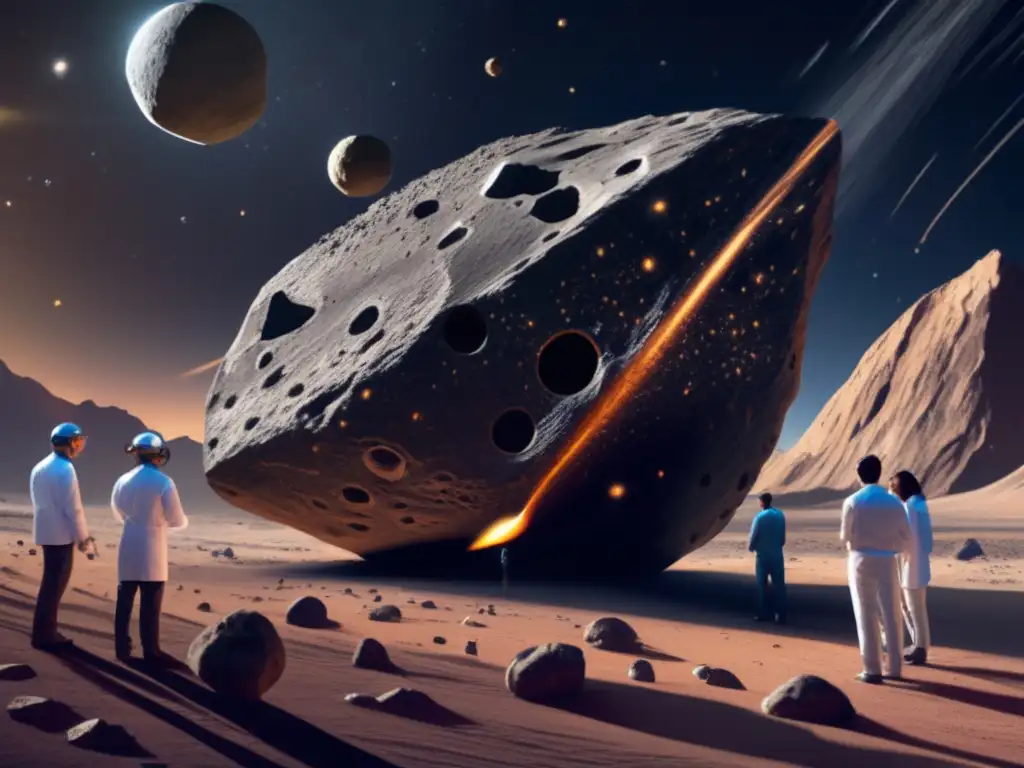
-
Could life have originated on asteroids?
The origins of life on Earth are still a mystery, but asteroids could have played a role in providing the essential building blocks and energy needed for life to emerge.
-
Can life survive the harsh conditions of space?
It is possible that some organisms are capable of surviving in extreme conditions, including the cold vacuum of space. However, much more research is needed to confirm this.
-
What can we learn from studying asteroids?
The study of asteroids provides us with valuable insights into the early Solar System and the origin of life on Earth. Additionally, asteroids represent a potential resource for space exploration and mining.
-
What are the risks of asteroid exploration?
Asteroid exploration raises several ethical considerations, including the preservation of pristine environments, the protection of potentially hazardous asteroids, and the potential for exploitation by commercial interests.
-
Are there any upcoming asteroid missions?
Yes, several missions are planned or ongoing, including NASA's OSIRIS-REx, Psyche, and Hera missions.
Conclusion
Asteroids are fascinating celestial bodies that have captured our imagination for centuries. As we continue to explore these objects, we may uncover valuable information about the early Solar System and the origins of life on Earth. While the panspermia and primordial soup hypotheses are still being debated, recent discoveries of organic matter on asteroids suggest that asteroids could have played a vital role in the birth of life on Earth. The potential benefits of asteroid exploration are vast, but we must also consider the ethical implications of our actions.
Thank you for reading this article and we encourage you to share your thoughts in the comments section.
Additional Resources
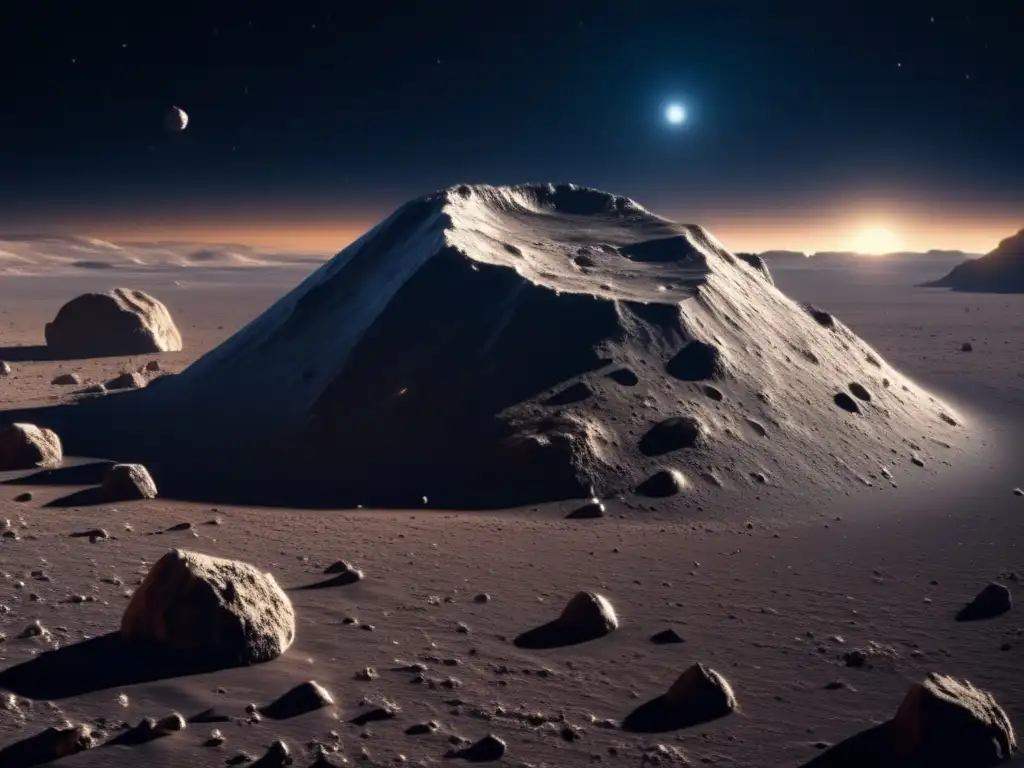
For those interested in learning more about asteroids, we recommend the following resources:
- NASA's Asteroid Watch: https://www.nasa.gov/planetarydefense/asteroidwatch
- The Planetary Society: https://www.planetary.org/space-policy-and-advocacy/asteroids-comets-meteors
- The Asteroid Society: https://www.asteroidsociety.org/
 Asteroids: The Unseen Bridge Between Worlds And Life
Asteroids: The Unseen Bridge Between Worlds And Life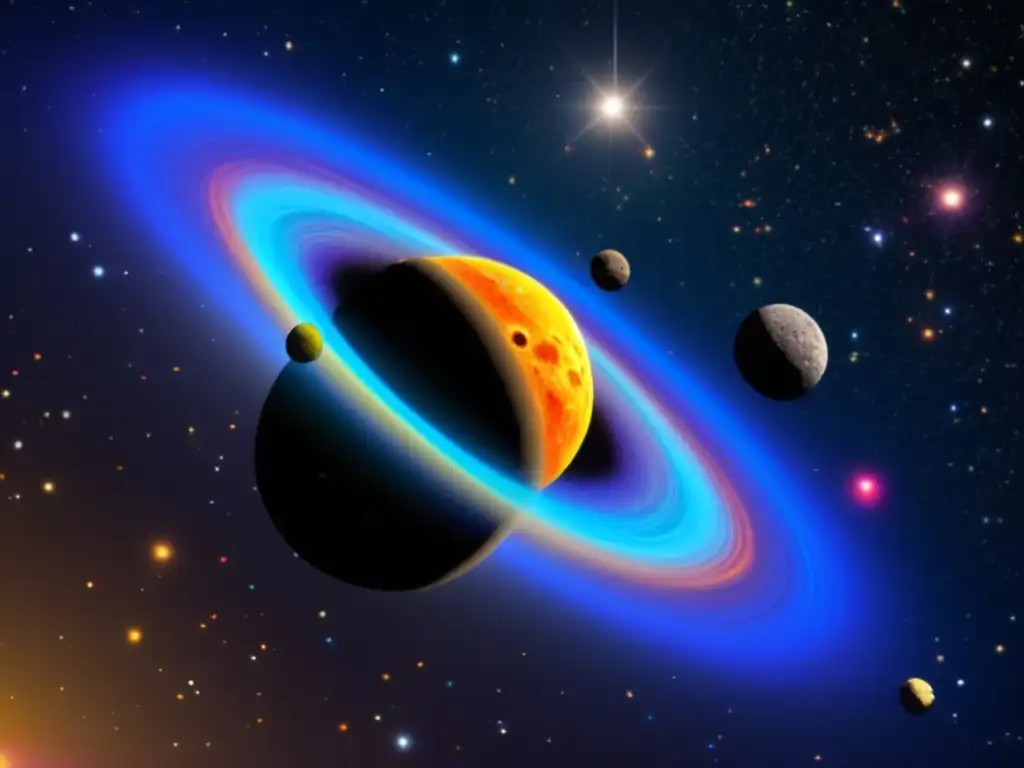 Asteroids And The Possibility Of Life Beyond Earth
Asteroids And The Possibility Of Life Beyond Earth The Cosmic Gardeners: Asteroids And The Seeding Of Life
The Cosmic Gardeners: Asteroids And The Seeding Of LifeIf you want to discover more articles similar to The Birth Of Life: Could Asteroids Be The Missing Link?, you can visit the Asteroids and Extraterrestrial Life category.
Leave a Reply

Articulos relacionados: